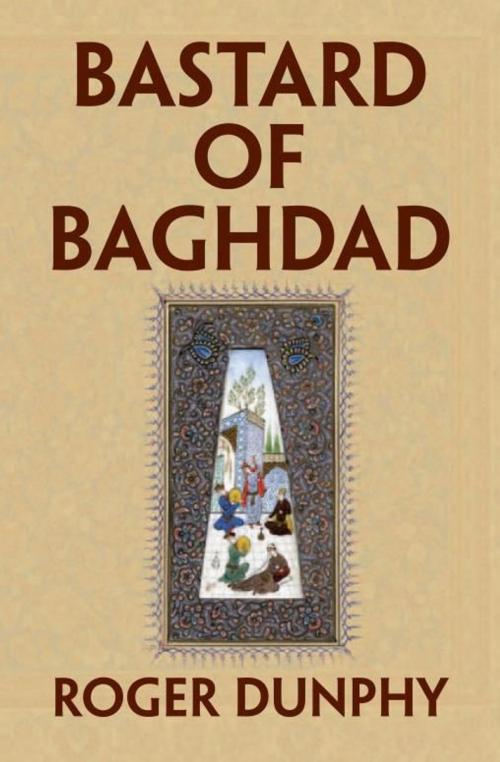| Author: | Roger Dunphy | ISBN: | 9781450046657 |
| Publisher: | Xlibris US | Publication: | October 23, 2008 |
| Imprint: | Xlibris US | Language: | English |
| Author: | Roger Dunphy |
| ISBN: | 9781450046657 |
| Publisher: | Xlibris US |
| Publication: | October 23, 2008 |
| Imprint: | Xlibris US |
| Language: | English |
Around the end of the eight century anno domini, Baghdad was the Camelot of the Muslim world. It had quickly expanded beyond its first walls and stretched on both sides of the Tigris River. The early historians believed more than a million people would be considered Baghdadis. The wharves allegedly stretched for miles along the Tigris. Exotic goods came in from all parts of the known world. The Caliphate extended from Spain and the Mahgreb in the West and India abd Samarkand in the East. Only the two deserts, the Gobi and the Takla Makan, stopped the Muslim empire from expanding farther into China.
Yet like all Camelots, there were problems. The original Arab settlers resented the cultured Persians and it showed in their resentment of the Barmacides who influenced the early caliphs, in particular Harun Al-Rashid. He comes to us by way of the fabulous Arabian Nights stories. In reality, two historians, Al-Tabari and Masudi have left us accounts of that period. Along with cultural differences, there were also religious problems. Not all Muslims agreed on interpretation nor on various holy imams. So the caliphs had to persuade or dissuade segments of the population. The goddess of discord was definitely an influence during these eras.
Around the end of the eight century anno domini, Baghdad was the Camelot of the Muslim world. It had quickly expanded beyond its first walls and stretched on both sides of the Tigris River. The early historians believed more than a million people would be considered Baghdadis. The wharves allegedly stretched for miles along the Tigris. Exotic goods came in from all parts of the known world. The Caliphate extended from Spain and the Mahgreb in the West and India abd Samarkand in the East. Only the two deserts, the Gobi and the Takla Makan, stopped the Muslim empire from expanding farther into China.
Yet like all Camelots, there were problems. The original Arab settlers resented the cultured Persians and it showed in their resentment of the Barmacides who influenced the early caliphs, in particular Harun Al-Rashid. He comes to us by way of the fabulous Arabian Nights stories. In reality, two historians, Al-Tabari and Masudi have left us accounts of that period. Along with cultural differences, there were also religious problems. Not all Muslims agreed on interpretation nor on various holy imams. So the caliphs had to persuade or dissuade segments of the population. The goddess of discord was definitely an influence during these eras.















